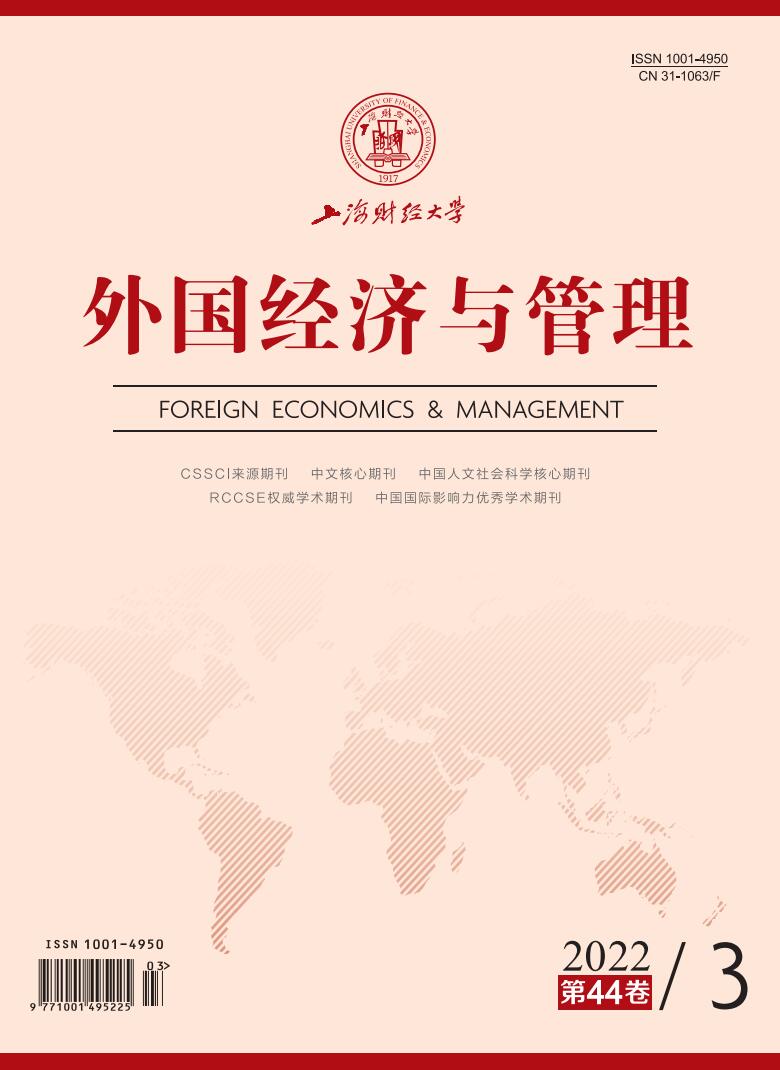Mergers and acquisitions (M&As) have become an important micro-means for the high-quality economic development in China. The factors that affect corporate M&As and their economic effects have long been the subject of concern in the practical and academic circles. M&As require the board of directors and management to make complex decisions, and the social relationship between the executives of two sides in merger can promote the information exchange and may lead to better decisions. Especially in China’s major economic transformation, along with higher market transaction costs, market participants tend to rely more on informal system such as social relations. Previous studies have identified that executive political connection, director ties, and CEO network have important impacts on corporate M&As’ decision-making process or economic consequences. However, the fellow-townsman relationship with multiple social values in the Chinese context has not received enough attention. At present, only a small amount of literature starts from the phenomenon of “fellow-townsman huddling” among senior executives within companies to study its impact on corporate behaviors. However, the role of the fellow-townsman relationship in the decision-making of corporate M&As is still poorly known. Therefore, from the perspective of external stakeholders of the main merger party, it is an important issue worthy of study to discuss the value and function of the fellow-townsman relationship between the CEOs of both sides in merger.
This paper takes the M&A events of Chinese A-share listed companies from 2009 to 2018 as research samples, constructs a merger transaction model and tries to answer: Will the main merger party tend to acquire the target company where the CEO fellow is located? Is the cause of fellow-townsman M&As an information advantage or an agency problem that? The empirical results indicate that when the CEOs of both sides in merger have a fellow-townsman relationship, the merger events and the amount of M&As have increased significantly. That is, the main merger party has shown a tendency for fellow-townsman M&As. In terms of hometown intimacy, the life and work of CEOs in their hometown during the key stage of life strengthen their cultural and psychological characteristics, form a higher degree of hometown identity, and show a stronger tendency for fellow-townsman M&As. From the heterogeneity of the main merger party, the fellow-townsman tendency in M&A activities is stronger when the main merger party is a non-state-owned company or the market value is low. From the impact of target companies’ industry characteristics, compared with target companies in non-strategic emerging industries, the main merger party shows a stronger tendency for those in strategic emerging industries. Further research reveals that when the level of corporate governance is low, the main merger party shows a stronger tendency for fellow-townsman M&As, and the agency problem plays a leading role in this process. Through the investigation of corporate performance after fellow-townsman M&As, it is found that although fellow-townsman M&As can provide shareholders with short-term excess returns, in the long run, they cannot bring synergies to the main merger party, which proves that fellow-townsman M&As are not derived from the information advantage.
Regional identity is widespread throughout the world, but its research mainly focuses on place attachment and geographical complex, emphasizing on the attachment to geographical location and the interactions with surrounding neighborhood. There is also a little literature discussing the impact of fellow-townsman relationship on companies according to the phenomenon of “fellow-townsman huddling” among senior executives within companies. This paper starts from the perspective of external stakeholders and confirms that the geographical consensus of individual CEOs of both sides in merger will affect the behavior of M&As between companies, which deepens the understanding of the executive social relationship and its economic consequences in M&A transactions. At the same time, this paper explores the new performance of agency issues from the perspective of CEO individual preference through the study of the economic consequences of fellow-townsman M&As. It not only provides new evidence for the study of agency problems, but also provides reference for supervisory departments as well as investors to better understand and supervise management agency issues.





 9968
9968  3429
3429

